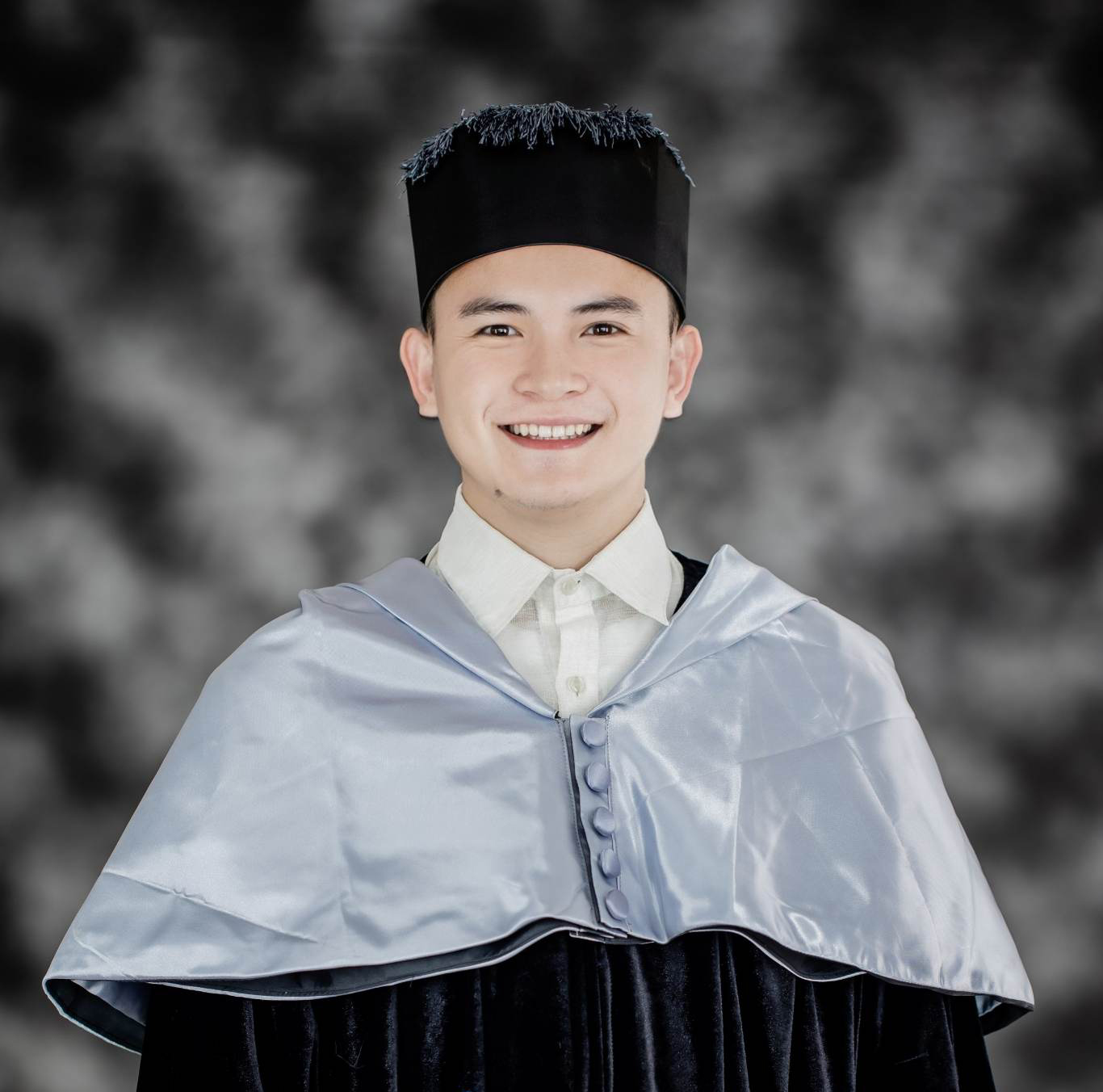Mark John Lado
@ctu.edu.ph
Instructor
Cebu Technological University
Mark John Lado is a Filipino technology and education enthusiast with a Bachelor of Science in Information Systems from Colegio de San Antonio de Padua, Philippines. He has established himself as an accomplished Information System Specialist in the education management industry, showcasing expertise in areas such as Object-Oriented Programming (OOP), Teacher Mentoring, Computer Hardware, Software System Analysis, and Web Development.
Having successfully completed his Master's degree in Information Technology at Northern Negros State College of Science and Technology, Sagay City, Philippines, Mark has further enriched his academic knowledge and expertise in the field. Throughout his career, Mark's passion for education has driven him to collaborate with various educational institutions in the Philippines, including Cebu Technological University, University of the Visayas - Danao Campus, Colegio de San Antonio de Padua, and Carmen Christian School Inc.
Mark has held roles as an ICT Ins
EDUCATION
Bachelor of Science in Information Systems
Master in Information Technology
RESEARCH, TEACHING, or OTHER INTERESTS
Information Systems, Computer Science, Computer Networks and Communications, Computer Engineering
FUTURE PROJECTS
Development of an Arduino-Based Sensor Network for Monitoring Water Parameters in Tilapia Traponds
Aquaculture, particularly tilapia farming, plays a crucial role in meeting the increasing global demand for fish protein. As the aquaculture industry continues to expand, it becomes imperative to ensure optimal water quality conditions in fish farming systems. Water parameters, such as temperature, pH, dissolved oxygen, and ammonia are vital indicators of the aquatic environment's health and directly influence the growth, reproduction, and overall well-being of fish populations. Traditional methods of monitoring water parameters in aquaculture involve manual sampling and laboratory analysis, which can be time-consuming, labor-intensive, and costly. To address these limitations, technological advancements offer promising alternatives for real-time monitoring and data collection. The Arduino platform, with its open-source nature and compatibility with various sensors and modules, presents an accessible and flexible solution for designing cost-effective monitoring systems.
Applications Invited
Nearest the same technology to support as Review of Related Studies.

